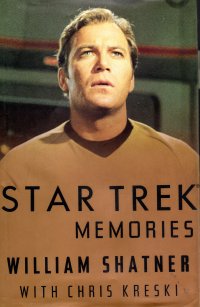 To be honest, when I finished Star Trek, I went looking for a Chuck Norris memoir I have somewhere in my office, but I came across this book instead, so I read it to fill in the Celebrity Memoir category in the 2022 Winter Reading Challenge.
To be honest, when I finished Star Trek, I went looking for a Chuck Norris memoir I have somewhere in my office, but I came across this book instead, so I read it to fill in the Celebrity Memoir category in the 2022 Winter Reading Challenge.
Although, to be honest, I might be stretching the definition of memoir a bit to include this book since it’s not focused solely on the life of William Shatner. Instead, it talks about the production of the original Star Trek television series. Shatner (or Kreski) interviews a number of the people involved, including not only the actors (Leonard Nimoy, Nichelle Nichols, DeForest Kelley most prominently, although George Takei and Walter Koenig also appear–but James Doohan does not, as Shatner explains in the epilogue), but also some of the behind the scenes people, telling stories about Gene Roddenberry (recounted by Majel Barrett), Gene Coons (writer), D.C. Fontana (writer/secretary to Roddenberry), Bob Justman (producer), Fred Freiberger (producer), and even some of the lighting men and gaffers.
So it’s an interesting and insightful look into the show and its origins in the late 1960s.
You know, I cannot help but to compare it to the Firefly books I’ve read (Firefly: The Official Companion Volume One and Two and Firefly: Still Flying). While we don’t get shooting scripts or “new stories”–that’s what the Blish and Foster books are for–we do get paragraphs and stories with greater depth and emotion than the Firefly books which plumb to the equivalent depths of Entertainment Weekly sidebars. This book talks about The Kiss, political struggles to get the show on the air, details about the timelines of writing versus actually shooting the episodes (writers had weeks to come up with scripts, which the crew would then have five or six days to shoot), and even admits that the other actors didn’t appreciate Shatner’s approach and belief that he was the star of the show (Roddenberry admitted he was, but Nimoy got more attention as Spock, not necessarily to Nimoy’s liking–his autobiography of the time is called I Am Not Spock). So it’s got some dirty laundry–well, reality–mixed into the hagiography.
I flagged a couple of bits. Below the fold since this is getting long. Continue reading “Book Report: Star Trek Memories by William Shatner with Chris Kreski (1993)”



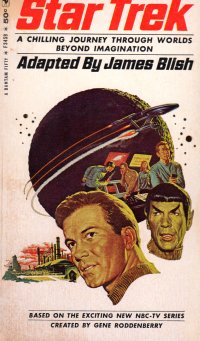 I mentioned that I might pick this book up after discovering that
I mentioned that I might pick this book up after discovering that 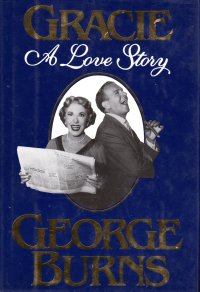 I can slot this book into the
I can slot this book into the 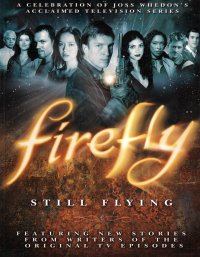 I bought this book, along with
I bought this book, along with 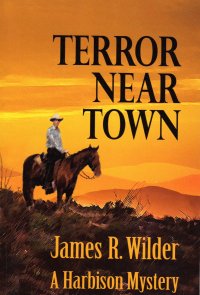 I got this book in June of last year at the author’s book signing at
I got this book in June of last year at the author’s book signing at 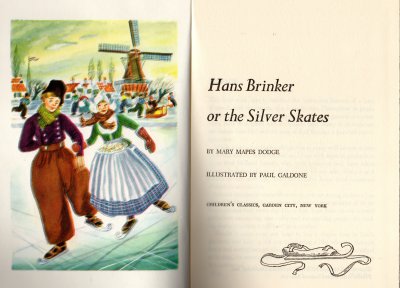 As with Laura Ingalls Wilder’s
As with Laura Ingalls Wilder’s 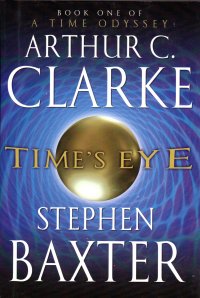 The
The 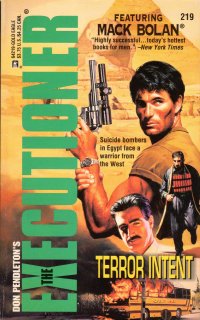 Well, my first book of the year–why not make it one of the less than a handful of Executioner novels I have left? Especially since they’re really now something to be finished rather than really enjoyed by the late 1990s, when they’ve bloated a bit and have kind of lost their roots and what made them most enjoyable at their best–the philosophical musings.
Well, my first book of the year–why not make it one of the less than a handful of Executioner novels I have left? Especially since they’re really now something to be finished rather than really enjoyed by the late 1990s, when they’ve bloated a bit and have kind of lost their roots and what made them most enjoyable at their best–the philosophical musings.
 When I bought this book
When I bought this book  I must have gotten this pamphlet tucked into a pack of chapbooks bought from the Friends of the Springfield-Greene County. It is a mid-(twentieth)-century pamphlet, apparently one of six in the set, from Britain collecting the wisdom of Father Andrew, real name
I must have gotten this pamphlet tucked into a pack of chapbooks bought from the Friends of the Springfield-Greene County. It is a mid-(twentieth)-century pamphlet, apparently one of six in the set, from Britain collecting the wisdom of Father Andrew, real name 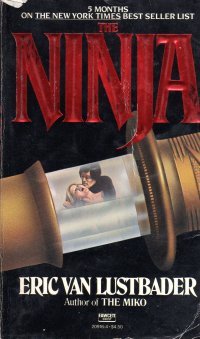 As you might remember, gentle reader, when I bought this book
As you might remember, gentle reader, when I bought this book 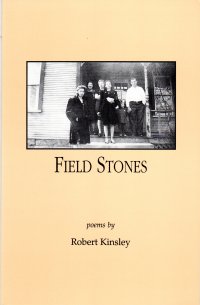 This book, the less expensive of the books by this author that I spotted at Hooked on Books
This book, the less expensive of the books by this author that I spotted at Hooked on Books  This hardback comes from Carleton Press, a self-publishing firm, in 1973. Not only is it a hardback in a dust jacket, but the dust jacket is Mylar-wrapped, so someone thought highly of it. Perhaps Ellen Massey, the teacher extraordinaire, to whom the book is inscribed.
This hardback comes from Carleton Press, a self-publishing firm, in 1973. Not only is it a hardback in a dust jacket, but the dust jacket is Mylar-wrapped, so someone thought highly of it. Perhaps Ellen Massey, the teacher extraordinaire, to whom the book is inscribed.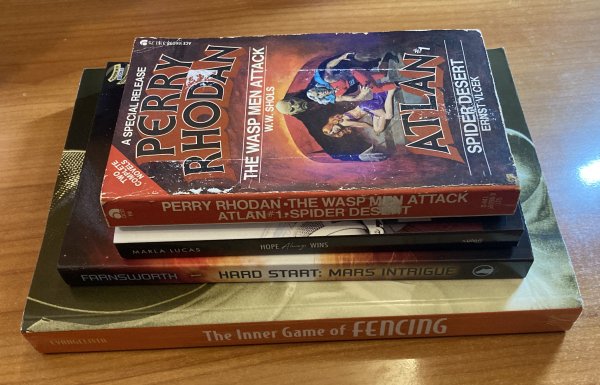
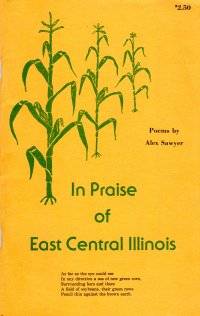 Instead of some grandmother poetry, how about some grandpa poetry instead? Ah, but for the depth of grandmother poetry. This volume has 51 pages of landscapes with little beyond describing the flora of East Central Illinois. Many of the poems within are cinquains, which are short five line verses. Longer than a haiku, but not by much.
Instead of some grandmother poetry, how about some grandpa poetry instead? Ah, but for the depth of grandmother poetry. This volume has 51 pages of landscapes with little beyond describing the flora of East Central Illinois. Many of the poems within are cinquains, which are short five line verses. Longer than a haiku, but not by much.